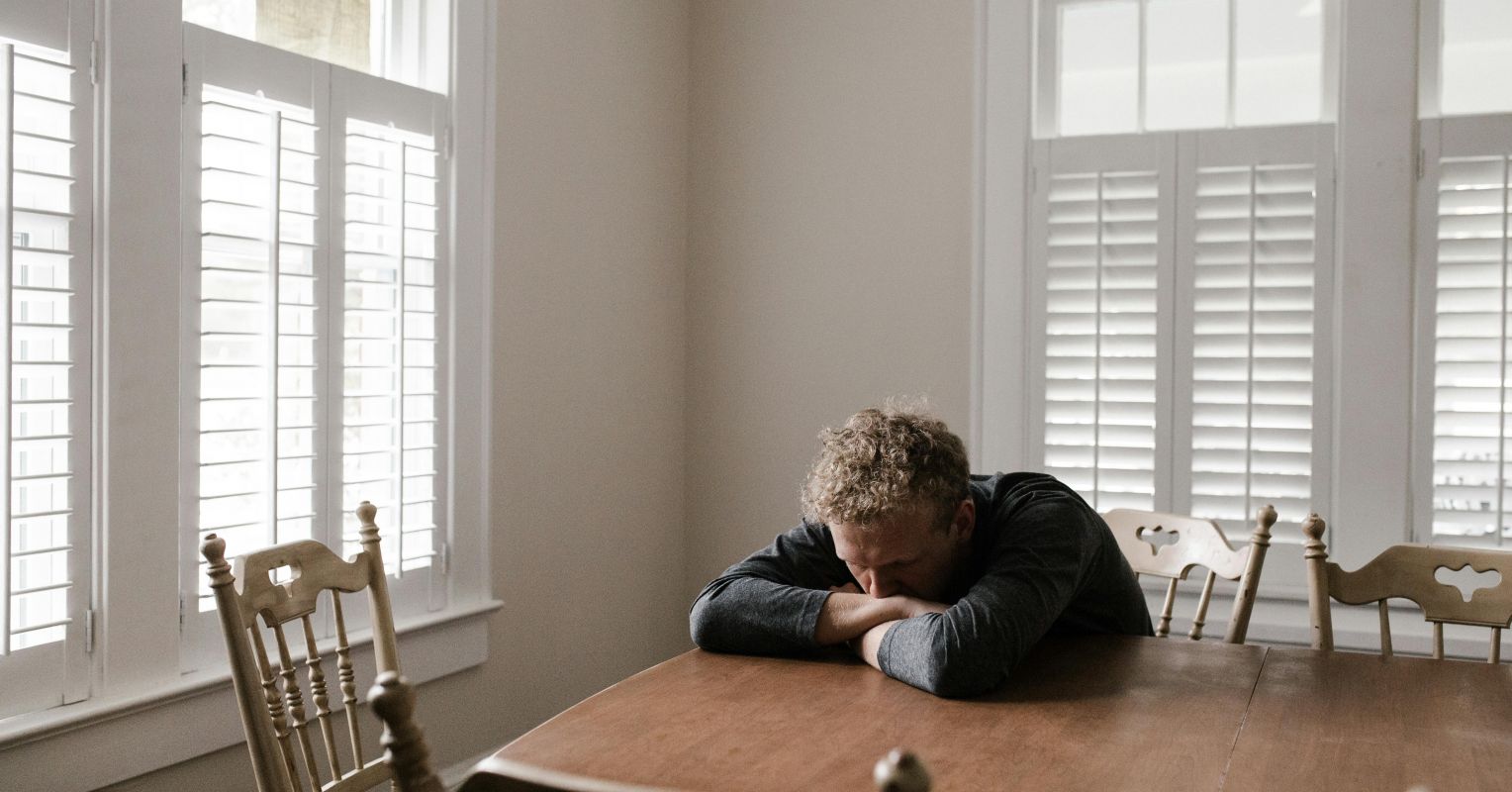A few months ago, I ran a workshop at a youth Mental health conference with a good friend of mine who specializes in talking about embracing failure. She openly shared many of her own failures with the audience and offered advice on supporting teenagers experiencing failure or rejection. During the Q&A afterward, one audience member asked me to share my biggest failure growing up and how I handled it.
Here’s what I said: “My biggest failure is that I’ve never really failed at anything.”
The audience laughed.
“I’m serious,” I said. “I’ve never failed a class or a test, nor have I been rejected from any college or program. And I’m not saying this to brag. Having never truly failed before means I’m not well-equipped to handle the inevitable setbacks that will come my way. And that’s my biggest failure by far.”
Why I Haven’t Experienced Failure
There may be an assumption that I (like many other Gen Zers) have evaded failure due to helicopter parenting. While this isn’t true for me, Gen Zers have been known to lean on their parents to help them avoid rejection. A recent study of over 1,400 Gen Zers found that 70% ask their parents to help them find a job, 25% bring their parents to job interviews, and 10% even have their parents write their resumes. Major helicopter parenting alert.
In my case, I just have an overprotective Jewish mother, but that’s an entirely different species. And she’s not the reason I’ve avoided failure.
From the outside, it seems like I’m good at everything. But that’s because I don’t try things I think I’ll be bad at. And that’s not to say I don’t love a challenge—I do. But the challenges I take on are often calculated to the point where I’m almost certain I’ll eventually succeed.
When I was a sophomore at Duke, a course called “Learning to Fail” was offered. I remember being intrigued but not signing up because I didn’t want to fail—or learn how to do it. The irony isn’t lost on me.
I am risk-averse…to a fault.
A Shift in Perspective on Failure
When I shared my risk-averse tendencies with the audience during the workshop, I was honest about how scared I am to fail. I acknowledged the way I cringe at the thought of rejection and the way my stomach aches whenever I’m unsure if I’ll succeed.
Afterward, numerous people came up to me and said, “I can’t wait for you to fail!”
In any other situation, this would be a rude comment. In my case, these were words of encouragement. I knew I had to shift my mindset from “If I don’t try, I can’t fail” to “If I don’t try, I can’t learn.”
These words have motivated me to spend the next year actively pursuing failure.
The 2025 Goal: Building a Rejection Resume
My goal for 2025 is to add 50 failures/rejections to my “rejection resume,” a term first coined by NFL coach Daron Roberts. This year, I will actively pursue rejection and failure.
Here’s how:
- I’m going to submit my writing to publications that reject almost every applicant.
- I’m going to submit speaking and coaching proposals that are far bigger than anything I’ve ever done.
- I’m going to cold-email companies and people I could only dream of working with.
- And I’m going to learn how to do it all over again after hearing “no.”
When I spoke to my therapist about this plan, she asked me to come up with a mantra to keep me motivated—even when I’m feeling dejected and defeated.
I decided on “Zoom in, zoom out.”
When I chose this mantra, I was thinking about graphs and trends that have an upward trajectory. If you zoom in, you can see peaks and valleys in the data. But when you zoom out, you see the positive slope. I need to remind myself that even when you zoom in on an upward trend, there are downfalls along the way. And just because there are dips and low points doesn’t mean the trajectory changes. When you zoom out, you’re still moving up.
Conclusion
While I’m not attempting to fail in the pursuit of success, failure may be an unexpected byproduct of putting myself out there. It’s possible that among the many “no’s” I expect to receive, there might be an unexpected “yes.” That “yes” is something I could never achieve if I’m not willing to be rejected.
If I hope for a “yes,” though, I defeat the purpose of this experiment. If all I get from my year of rejection is learning how to be resilient, I would consider that a huge success.













